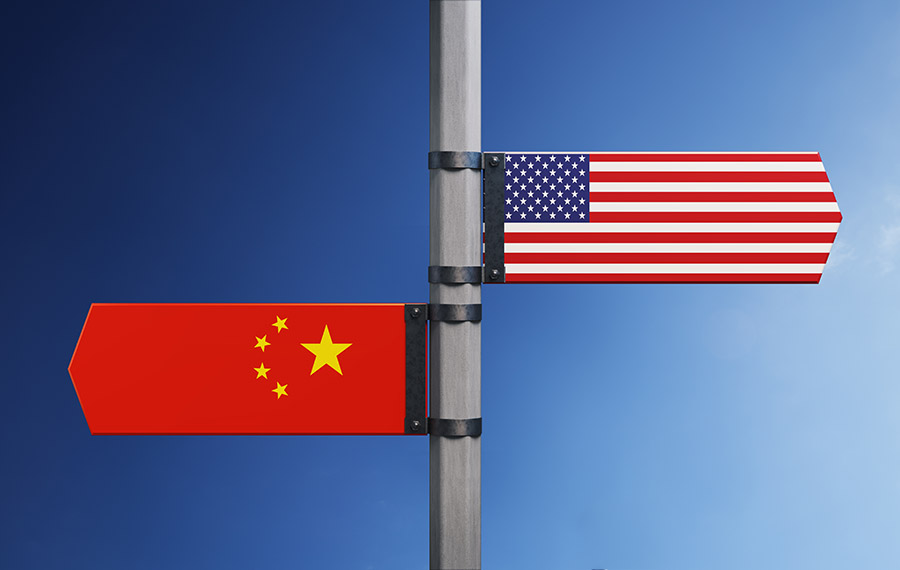Giulio Pugliese, King’s College London, War Studies
Dec 04, 2020
The 2020 US Presidential Elections and the vitriol that has followed has shown that cleavages are aplenty in U.S. politics and reflect a degree of tribalism and

Wu Baiyi, Former Director of the Institute of European Studies, Chinese Academy of Social Sciences
Nov 30, 2020
As the U.S. attempts to divide Chinese society, its suppression of industry, verbal attacks and ideological stigmatization all point at painful, challenging conundrums in China’s development and reforms.
Andrew Sheng, Distinguished Fellow at the Asia Global Institute at the University of Hong Kong
Xiao Geng, Director of Institute of Policy and Practice at Shenzhen Finance Institute, Chinese University of Hong Kong
Nov 30, 2020
Americans don’t agree on much of anything nowadays. Yet they are largely united in their belief that China represents an existential challenge to their country and the international order it has long led. This combination of internal division and external demonization has made the Sino-American rivalry increasingly inescapable – and potentially catastrophic.

Leonardo Dinic, Advisor to the CroAsia Institute
Nov 30, 2020
Will a Biden presidency significantly shift the China-U.S. relationship in a different direction after four years of Trump’s tough trade policy?
Minxin Pei, Tom and Margot Pritzker ’72 Professor of Government , Claremont McKenna College
Nov 30, 2020
Devising an effective strategy to compete, cooperate, and co-exist with China will be one of US President-elect Joe Biden’s toughest foreign-policy challenges. And over the next two months, Sino-American relations are almost certain to get worse.

He Yafei, Former Vice Minister of Foreign Affairs
Nov 30, 2020
“Chimerica” is not workable. At the end of the day, China and the United States need to strengthen trust and cooperation incrementally while upholding multilateralism and eliminating conventional and nonconventional threats.
Li Yan, Director of President's Office, China Institutes of Contemporary International Relations
Nov 30, 2020
The outcome of the 2020 presidential election turned on racial and religious pivot points. And, except for the White House, Republican performance actually improved in many ways.
Wu Zurong, Research Fellow, China Foundation for Int'l Studies
Nov 30, 2020
It is possible to move forward if a framework is agreed up for solving matters where competition is inevitable. The incoming Biden administration in the United States has an opportunity.
Richard Javad Heydarian, Professorial Chairholder in Geopolitics, Polytechnic University of the Philippines
Nov 27, 2020
Over the last four years, the Philippines has proven to be the U.S.’s most cooperative partner in Asia, embodied by famously warm relations between Presidents Donald Trump and Rodrigo Duterte. The Philippines’ close proximity to China and it’s disputed waters makes it an important military ally to the U.S, and with a new President stepping into the White House, Biden and Duterte will have to establish a new diplomatic relationship between the two countries.
Chen Jimin, Guest Researcher, Center for Peace and Development Studies, China Association for International Friendly Contact
Dec 12, 2013
Chen Jimin analyzes the intentions and strategy behind the Obama administration’s Asia-Pacific rebalance.